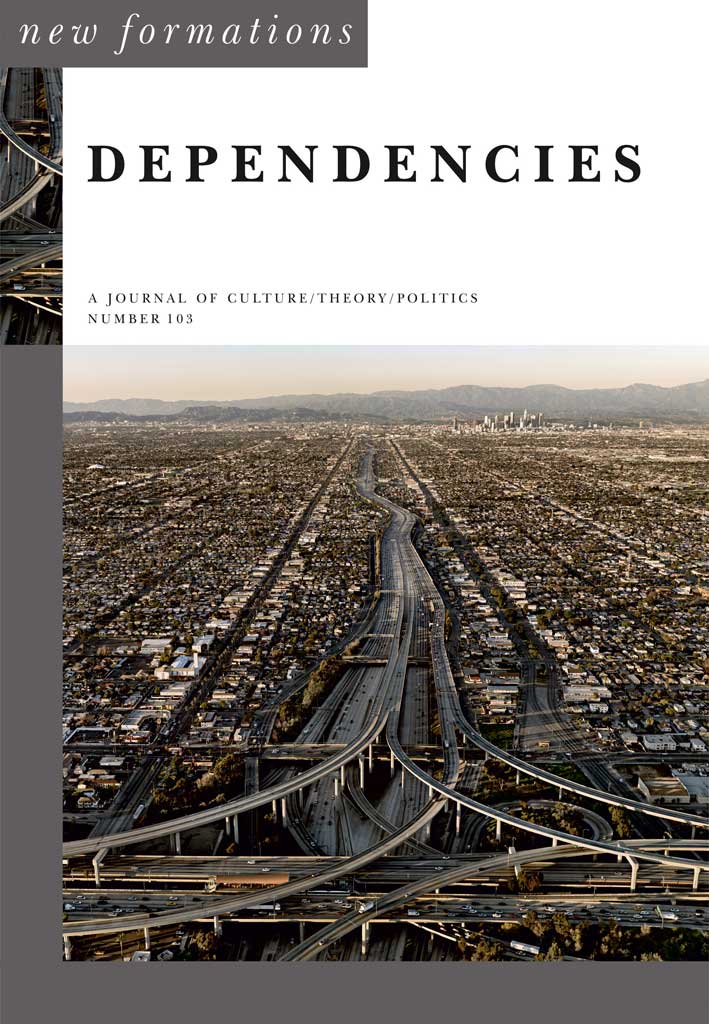
Affective Politics, Activism and theCommons: From WECH to Grenfell
New Formations - Print ISSN 0950-2378 - Online ISSN 1741-0789
Volume 2021 Number 103
Affective Politics, Activism and theCommons: From WECH to Grenfell
Lisa Blackman pages 156‑180
DOI: 10.3898/NEWF:103.09.2021
Abstract
This article focuses on the activism of the Walterton and Elgin Action Group (WEAG) who successfully campaigned against attempts by the UK Conservative government in the 1980’s to sell off their council homes to private tenders. Focusing on their inventive and creative actions, and the composition of the group not usually associated with militancy, the article takes the formation of WEAG as an example of affective politics and the cultivation of a housing commons-through-difference. What was foregrounded and became important were the relations of mutual dependence and care that existed and could be mobilised to stir collective action across categories of race, class, gender, disability and age. These relations existed at the nexus of personal histories including those of migration, poverty, displacement, social exclusion, homelessness, neglect and discrimination. These histories were mobilised within an area that had a strong history of community development and activism, and amongst a diverse group of tenants who had shared, yet different histories of displacement, suffering, and struggle having been forced to live in substandard conditions with little hope for the future. The Homes for Votes scandal and the WEAG campaign hover at the edges of the Grenfell tower tragedy in the present, making links across shared geographies and histories, particularly of displacement and suffering as well as community activism and politics, reminding us of what was and is possible beyond the devastation and neglect symbolised by the charred remains of the tower.
To cite this article
Lisa Blackman (2021) Affective Politics, Activism and theCommons: From WECH to Grenfell, New Formations, 2021(103), 156-180 . https://doi.org/10.3898/NEWF:103.09.2021
